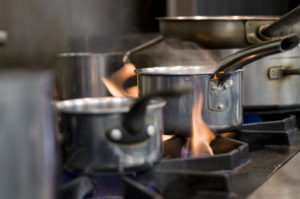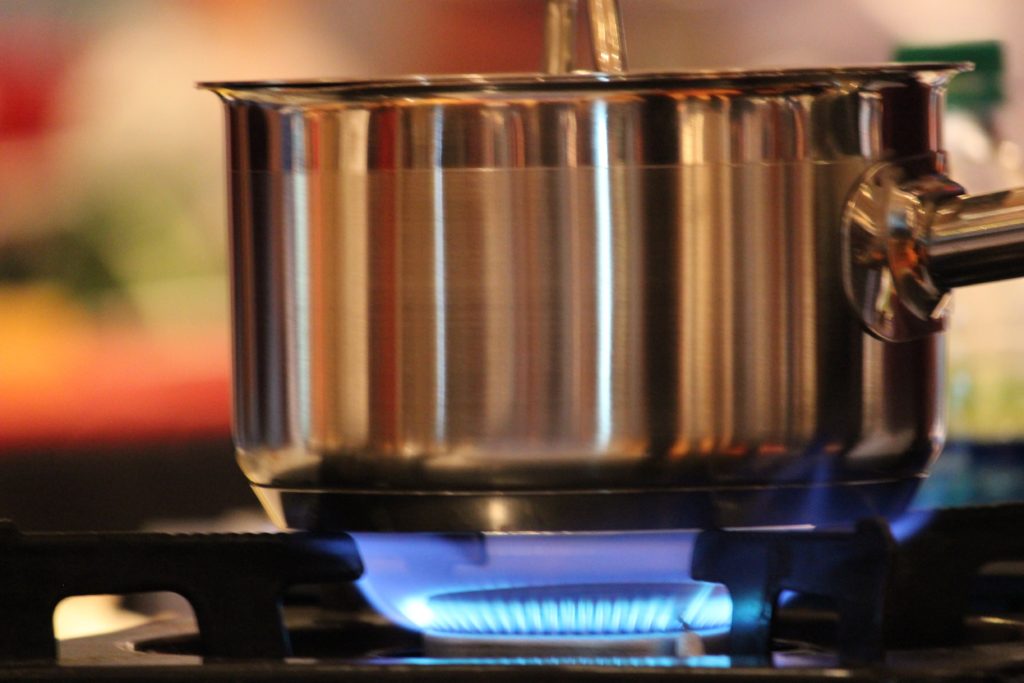
“You want pots and pans with a multitude of uses.”
1. Know what you need
There are a wide array of pots and pans available on the market, and each one is meant to serve a different purpose. Serious Eats outlined nine essential pots and pans, but there’s one common thread – each choice can tackle a number of different dishes. For instance, the skillet is perfect for any kind of fried dish, while a large dutch oven pot can handle anything from pot roasts to most stews and soups. Other multipurpose pots and pans include a wok, a saucier and a stockpot. Having a few key pots and pans not only saves money, but is a great way to save space. If you’ve made the right choice, the best pots and pans can last several years with regular care and maintenance.
2. Find the right traits
When you go shopping for pots and pans, you may find yourself inundated with a variety of different options and promises. However, Fine Cooking suggested that the best pots and pans share two common traits: “good conductor” and “heavy gauge.” The former refers to the pot or pan’s ability to conduct heat, while the latter is the material it’s made of. Copper and aluminum are perfect choices. Not only do they heat up and cool down more quickly, but the material will distribute the heat more evenly, which goes a long way to prevent food scorching. It’s important to do your research before purchasing any pots and pans; the Internet is a great resource for reviews and insight from a number of culinary gurus.

3. Cast iron isn’t your friend
While copper and aluminum are just two great options, the Reluctant Gourmet pointed out that there’s only one option to actively avoid: cast iron pots and pans. That’s because cast iron is generally terrible at conducting heat. While it might be rather quick to heat up, the material usually doesn’t stay so for very long. Many chefs like cast iron because it’s much more cost effective . However, cast iron is actually prone to rusting and pitting, plus food sticks more frequently. While cast iron can be seasoned – treated with oil to help polymerize it – this effect has to be repeated frequently. Ultimately, cast iron isn’t worth a purchase given all the added work it’ll require from already time-starved chefs.
“Even lemons can make a great cleaner.”
4. Make cleaning a priority
If you’ve gone ahead and bought copper or aluminum pots, then you want to get the most of your money. That’s why it’s important to know how to clean these materials properly, which means going beyond using simple soap and water. Reader’s Digest magazine suggested 20 possible methods for fast and easy cleaning. Baking soda makes a great dishwashing liquid and is especially powerful when dealing with grease. If you’re trying to prevent food stickage, pour in club soda while the pot is still warm. Hate scrubbing? Use fabric softener, which will break down stuck-on food particulates. Just don’t forget to remove the residue afterward. Even lemons make for an effective cleaning agent.




